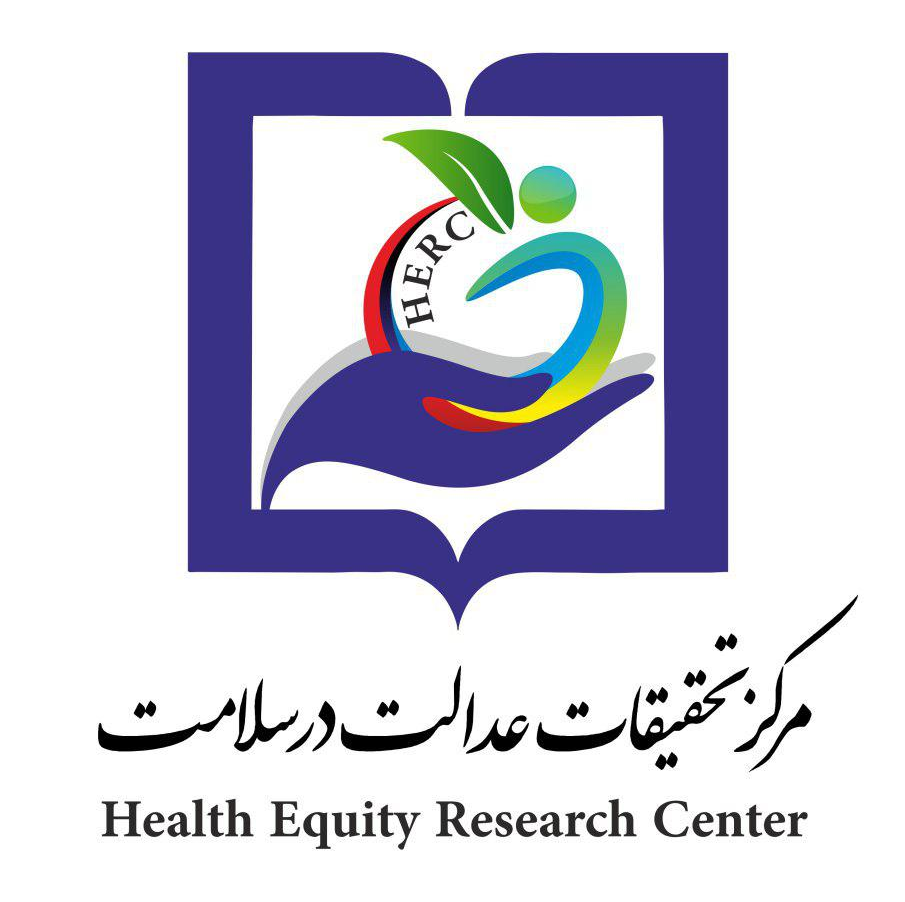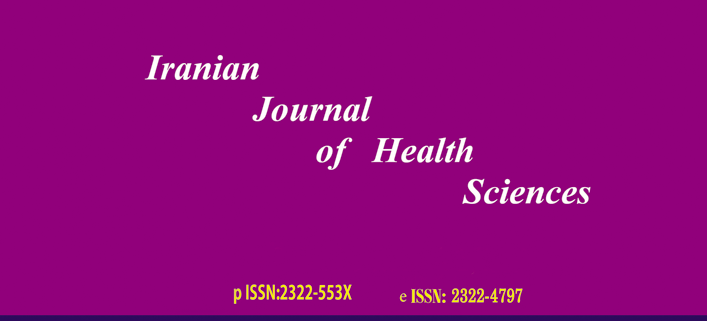Background and Purpose
Afghans are the main refugee population in Iran. Gaining insight into the precise needs of this population, their health, and wellbeing are crucial for appropriate planning and consequential interventions to improve their life experience.
Materials and Methods
A total of 20 legal Afghan refugees residing in Tehran were studied using a successfully tested questionnaire in several dimensions of physical health (including the effects of COVID-19), mental health, and socio-cultural aspects. Collected data were managed and analyzed by SPSS software, v. 25. Then, descriptive statistics and the mean response rate to the questionnaire were reported.
Results
The localized questionnaire was successfully tested. Employment and educational opportunities, physical access to healthcare, quality of healthcare services, and social networks and support were among the positive aspects of refugees. However, weak economic status, insufficient financial resources, and inefficient healthcare insurance were the major challenges of the refugees.
Conclusion
We emphasize that health and living conditions-related studies on refugees should be given more weight, especially during the difficult circumstances caused by the COVID-19 pandemic. Conducting comprehensive studies on refugees and assessing the health and living conditions of these populations by addressing social determinants of health is recommended.



No responses yet